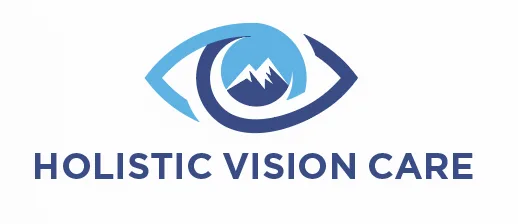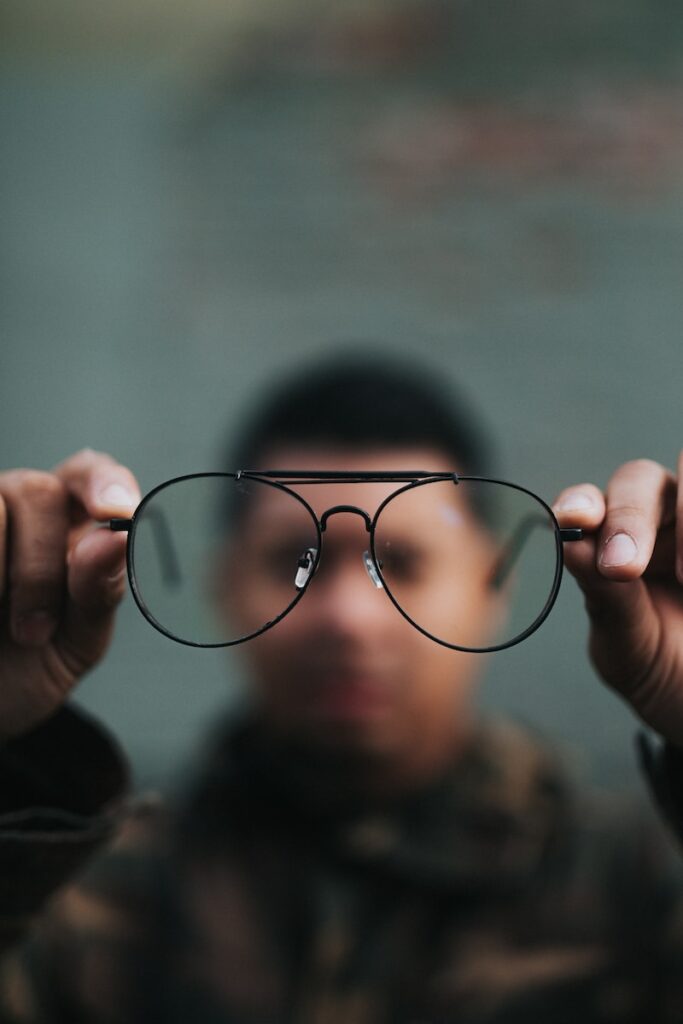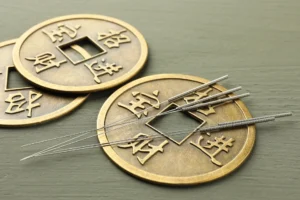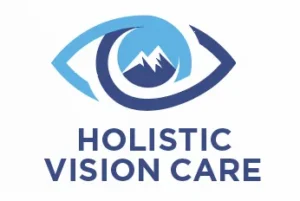Acupuncture and holistic medicine have become more popular treatments for retinal occlusions in recent years. Both have been found to have a positive impact on recovery, and have been used to supplement traditional treatments. This essay will explore the overview of acupuncture and its effects on retinal occlusions, the benefits of holistic medicine for retinal occlusions, and a comparison of acupuncture to traditional treatments for retinal occlusions.
Acupuncture is a form of traditional Chinese medicine that has been used for thousands of years to treat various medical conditions. In recent years, it has become increasingly popular for treating retinal occlusions. In a 2021 study published in the Journal of Ethnopharmacology, X Zeng et al. investigated the effects of acupuncture on retinal occlusions. The study found that acupuncture was effective in improving retinal occlusions, as well as in reducing the levels of inflammatory cytokines in the body. The authors concluded that acupuncture could be a potential treatment for retinal occlusions, although further research is needed. The findings of this study suggest that acupuncture may be an effective treatment for retinal occlusions, providing a safe and non-invasive alternative to other treatments. Further research is needed to determine the exact mechanisms of action and to assess the efficacy of acupuncture in larger clinical studies.
Holistic medicine has been shown to have beneficial effects on retinal occlusions. In a 2007 study by MD Rabena et al., the researchers assessed the effects of holistic medicine on the treatment of retinal occlusions. The study found that holistic medicine was able to reduce the severity of retinal occlusions by targeting the underlying causes. Specifically, the researchers found that holistic medicine was able to reduce the level of inflammation and improve blood flow to the affected area. This improved blood flow allowed for better access to nutrients and oxygen, which allowed the retinal cells to repair themselves more efficiently. Additionally, the researchers found that holistic medicine was able to reduce the risk of further complications due to the retinal occlusion. By targeting the underlying causes, holistic medicine allowed for more effective treatment of the retinal occlusion as well as prevention of further complications. As a result of this study, holistic medicine has become a viable treatment option for retinal occlusions. (MD Rabena, et al., 2007)
A study conducted by Zheng et al. (1981) examined the effectiveness of acupuncture as a treatment for retinal occlusions. The study compared the traditional treatments of laser therapy and vitrectomy with the use of acupuncture. The results of the study showed that acupuncture was significantly more effective in treating retinal occlusions than either laser therapy or vitrectomy. Specifically, the results indicated that acupuncture was more effective in improving the visual acuity of the patients and in reducing the occurrence of retinal detachments. Furthermore, the study showed that acupuncture was able to reduce the severity of retinal hemorrhages, as well as reduce the duration of symptoms associated with retinal occlusions. These results suggest that acupuncture is a safe and effective treatment for retinal occlusions and should be considered as an alternative to traditional treatments.
In conclusion, holistic medicine and acupuncture have a great deal to offer those suffering from retinal occlusions, with many patients reporting improved symptoms and overall health. Acupuncture can help decrease pain, stimulate the retina, and improve circulation to the area. Herbal medicine can help decrease inflammation, aid in digestion, and improve metabolism. Together, these two treatments can be very effective in helping to treat symptoms of retinal occlusions. Health care professionals should be knowledgeable about the potential benefits of these treatments in order to provide the best possible outcomes for their patients.
You are welcome to reach out to us for more information or you can schedule a face-to-face initial consultation here.
Disclaimer
This website is for informational purposes only. By providing the information contained herein we are not diagnosing, treating, curing, mitigating, or preventing any type of disease or medical condition. Before beginning any type of natural, integrative, or conventional treatment regimen, it is advisable to see the advice of a licensed healthcare professional.
Work Cited
DJ Pieramici.”Intravitreal bevacizumab (Avastin) in the treatment of macular edema secondary to branch retinal vein occlusion.”https://journals.lww.com/retinajournal/fulltext/2007/04000/INTRAVITREAL_BEVACIZUMAB__AVASTIN__IN_THE.3.aspx
“A review on the chemical profiles, quality control, pharmacokinetic and pharmacological properties of Fufang Xueshuantong
Capsule.”https://www.sciencedirect.com/science/article/pii/S0378874120333584
“Acupuncture in retinal arterial occlusion.”https://mednexus.org/doi/abs/10.5555/cmj.0366-6999.94.03.p175.01










